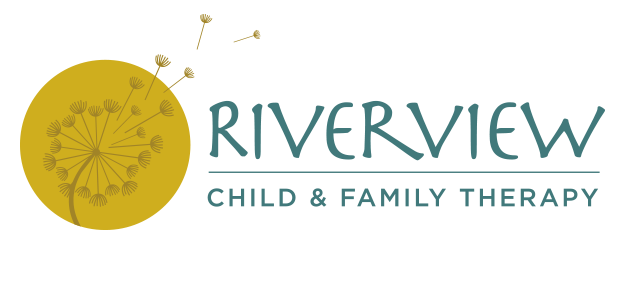By now, school is back in full swing. With it comes the relief of a structured schedule, but also the demands of learning. Some kids will rise to the occasion, and others will have some setbacks. If you are like my kids, it’s a little bit of both. As I am faced with where they are shining and where they are not, it got me thinking about how I can best support them through the tougher spots.
I think it’s helpful first to identify the type of mindset that each of my kids has and go from there. There are two types of mindsets as determined by Carol Dweck, a research psychologist at Stanford University:
Growth Mindset: a belief that one’s abilities are malleable, meaning they can grow and change over time with effort
Fixed Mindset: a belief that one’s abilities are set from birth and cannot be enhanced over time
Dweck has found that children with a growth mindset embrace challenges while children with a fixed mindset find challenges overwhelming as their abilities are called into question. It’s important to note that we all have some of both mindsets within ourselves. Each of us can fall into a fixed mindset when we are faced with something way out of our comfort zone. For example, while my older son feels he can master his Algebra class over time (growth mindset), he is feeling less confident when it comes to writing a lengthy essay for his Civics class (fixed mindset). For me it would be exactly the opposite. I would give up on Algebra when any setback would arise (fixed mindset), but would welcome a written challenge any day of the week (growth mindset). Keep this in mind as you are addressing your kids’ areas of concerns. They mostly likely have a growth mindset in some areas so watch and learn from that. Hopefully, the strategies they use in their ‘easy’ classes, can be used in the ones they need more help.
“Nobody has a growth mindset in everything all the time.”
—cited from Carol Dweck’s interview (also quotes below) ‘How Praise Became a Consolation Prize’.
Once you’ve identified the type of mindset your kid has about a particular area, then you can start helping them strategize for success. As Dweck theorizes in her interview, growth-mindset praise was developed to “focus on the learning process”.
Be mindful not to solely praise their effort. This is a common trap called ‘false growth mindset’.
“Teachers were just praising effort that was not effective, saying “Wow, you tried really hard!” But students know that if they didn’t make progress and you are praising them, it’s a consolation prize. They also know you think they can’t do better. So this kind of growth-mindset idea was misappropriated to try to make kids feel good when they were not achieving.”
It’s understandable that we want to boost our kids’ confidence with praise when they are struggling, but kids can tell when the praise doesn’t ring true and it ultimately isn’t very helpful. It is better to help kids breakdown where they are stuck and find ways to overcome their obstacles to learning.
“… show how hard work, good strategies, and good use of resources lead to better learning.”
When I addressed my son’s concerns regarding his upcoming Civics’ essay, I was a realist but also helped him see ways that he could improve. He is not known for his handwriting speed and legibility, but he is known for his thoughtful perspective on the world around him. I told him that the reality is, he may not be able to finish in the allotted time, but he can put his best effort into the lines he is able to complete. From there, he can also speak with his teacher about how to handle future essays. Ideally, I want him and his teacher to come up with a plan that works for both of them. The truest learning will arise from this situation if I can step back and let my son find what works for him and what doesn’t. This is going to set him up for a lifetime having a growth mindset. The more he implements strategies for improvement and finds them successful, the more he will see that his ability to learn and grow is open-ended. Isn’t this the ultimate goal for all of us?
Written by Diana DeVaul, MSW and Parent
To read Dr. Carol Dweck’s full interview with Christine Gross-Loh posted on theatlantic.com by clicking this link: How Praise Became a Consolation Prize
To read about mindset in more detail, click below
Mindset: The New Psychology of Success by Carol Dweck, Ph.D.



